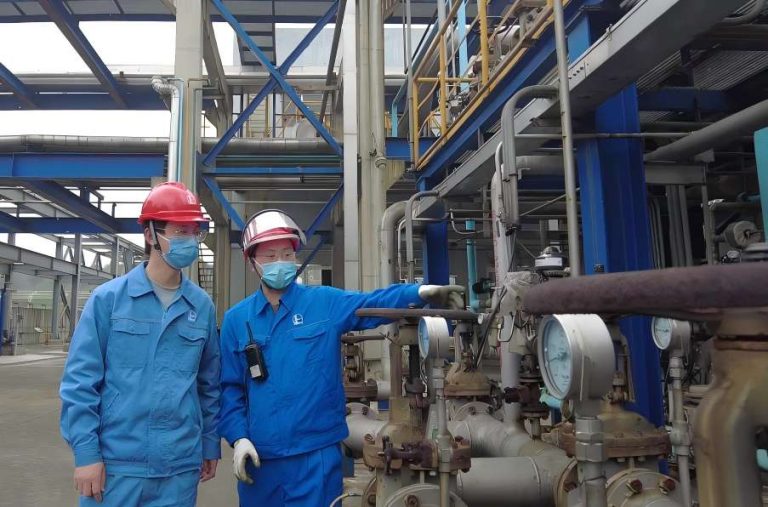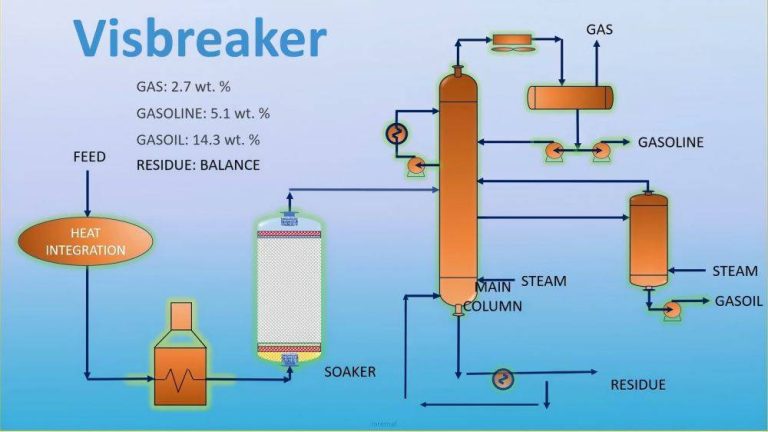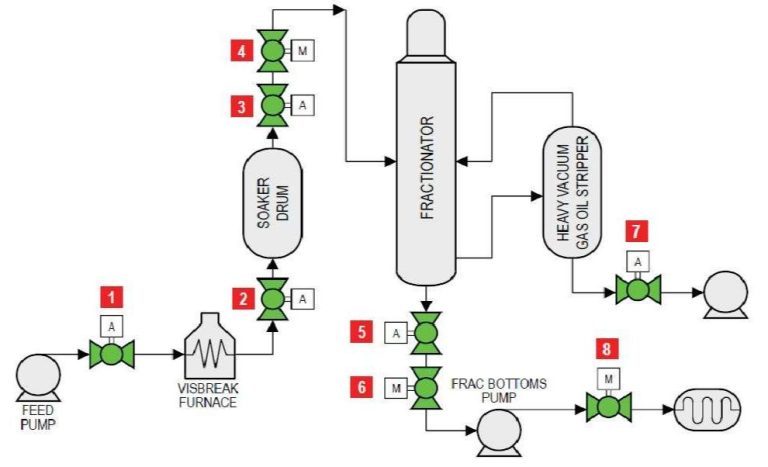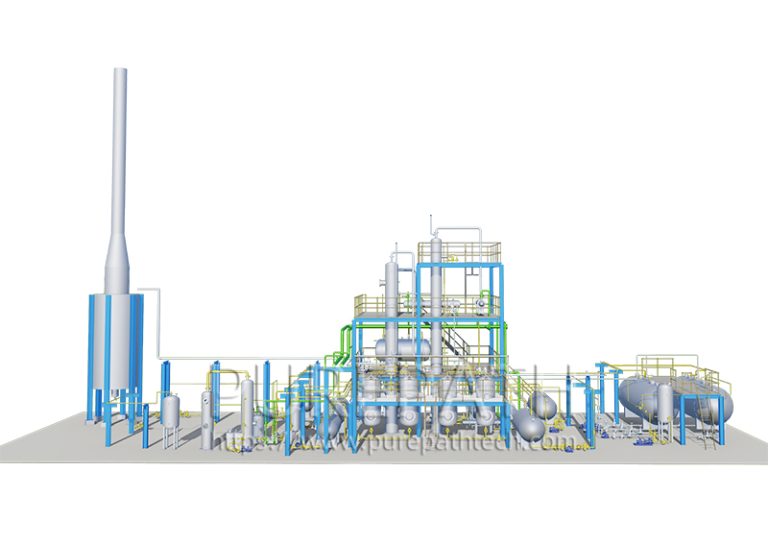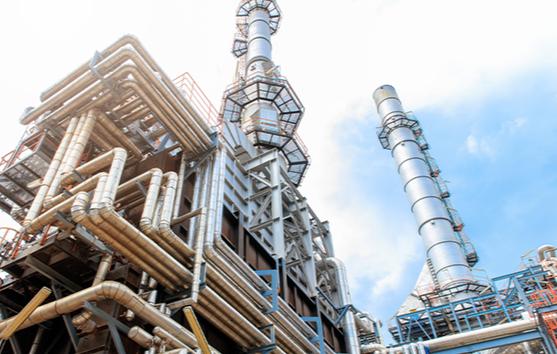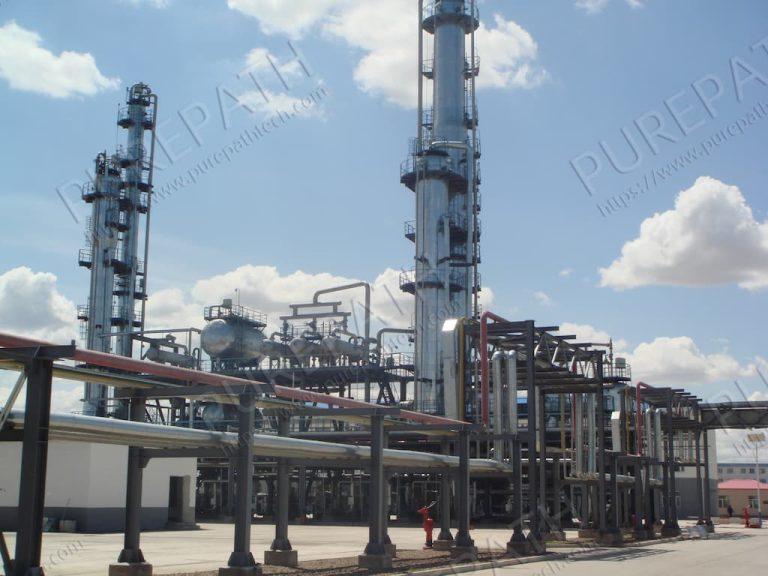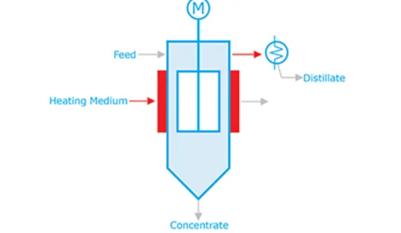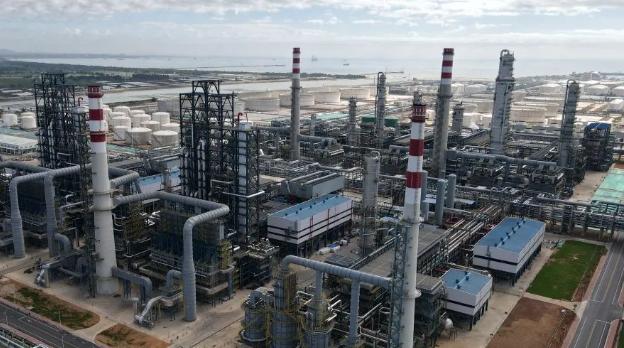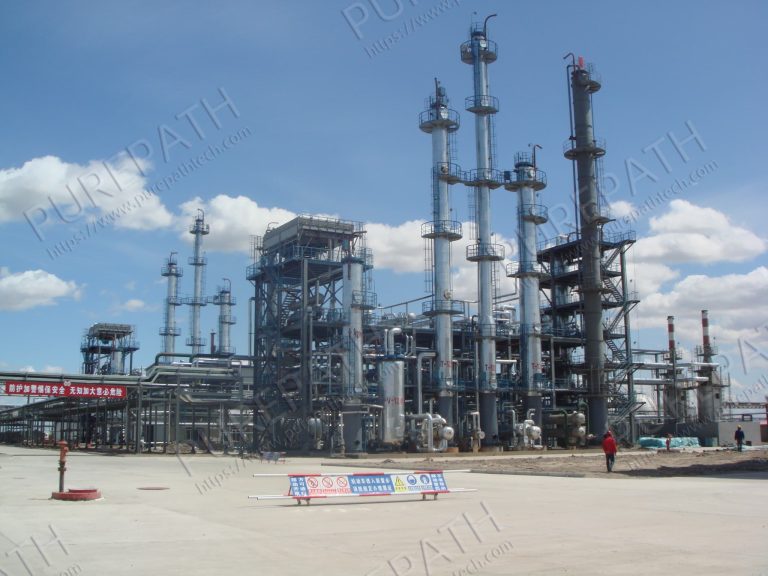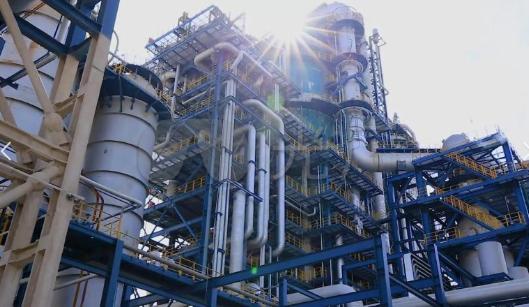Safety Measures in White Spirit Production Plants
Home / Literatures White spirit, often known as mineral spirits, is a commonly used solvent in a variety of sectors, including paint manufacture, cleaning, and degreasing. While white spirits are useful in a variety of applications, their manufacturing requires the handling of combustible chemicals, which poses major safety risks. Therefore, the safety procedures in white…


